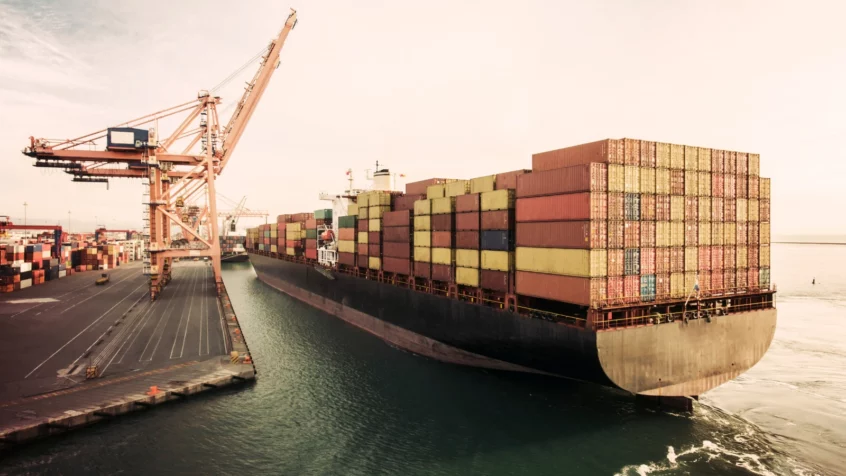In the realm of international trade, the use of standardized rules is essential for smooth and efficient transactions. This is where Incoterms come into play. Incoterms, short for International Commercial Terms, are a set of rules established by the International Chamber of Commerce (ICC).
These rules provide a common language and framework to define the responsibilities, risks, and costs between buyers and sellers in international transactions. In this article, we will delve into the most commonly used Incoterms and their significance in international trade.
EXW (Ex Works):
Ex Works places the maximum responsibility on the buyer, as the seller’s obligation is fulfilled by making the goods available at their premises. The buyer assumes all risks and costs associated with transportation and customs clearance.
FCA (Free Carrier):
Under FCA, the seller is responsible for delivering the goods to a carrier or another party nominated by the buyer at a specified location. The buyer takes over the risks and costs from that point onward.
CIF (Cost, Insurance, and Freight):
CIF applies to goods transported by sea or waterways. The seller is responsible for delivering the goods to the port of destination and covering the costs of insurance and freight. However, the buyer bears the risks and costs of unloading and customs clearance.
FOB (Free on Board):
FOB is commonly used in maritime shipping. The seller’s responsibility ends when the goods are loaded onto the vessel at the port of shipment. From that point forward, the buyer assumes all risks and costs.
DAP (Delivered at Place):
DAP requires the seller to deliver the goods to the buyer at an agreed-upon destination, ready for unloading. The seller bears the risks and costs until the goods are delivered.
CIP (Carriage and Insurance Paid To):
Under CIP, the seller is responsible for arranging and paying for transportation to the agreed destination. The seller also covers insurance costs until the goods are delivered.
DAT (Delivered at Terminal):
DAT places the responsibility on the seller to deliver the goods to a specified terminal at the destination port. The buyer takes charge of unloading and customs clearance.
DDP (Delivered Duty Paid):
DDP represents the maximum level of responsibility for the seller. The seller is responsible for delivering the goods to the buyer’s premises, including customs clearance and payment of any applicable duties or taxes.
In the dynamic landscape of international trade, Incoterms play a vital role in defining the obligations and expectations of buyers and sellers. By adhering to these standardized rules, parties involved in international transactions can mitigate risks, avoid misunderstandings, and ensure a smooth flow of goods.
Choosing the appropriate Incoterm is crucial, as it determines the allocation of responsibilities and costs. It is essential for businesses engaged in international trade to have a comprehensive understanding of each Incoterm and carefully consider their specific requirements. Consulting the official ICC documentation and seeking professional advice can further enhance clarity and efficiency in international trade operations.
In summary, Incoterms provide a globally recognized framework for harmonious trade relationships, enabling buyers and sellers to navigate the complexities of international transactions with confidence and clarity.
Disclaimer: The information provided in this article is for educational purposes only and should not be considered as legal or professional advice. It is recommended to consult with experts or refer to the official ICC documentation for specific guidance on Incoterms usage.

